
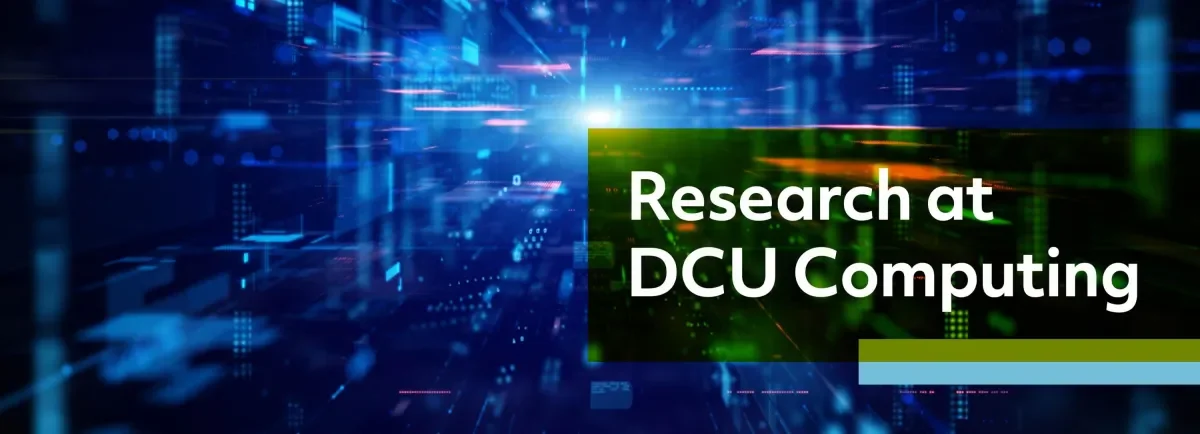
Research & Innovation | School of Computing

Database/Ontologies
Research in this area explores efficient storage, retrieval, analysis, and visualization of data for analysis and pattern discovery. This encompasses a wide range of topics including improved indexing and query languages, data compression, multimedia storage and retrieval, data clustering, pattern matching, and high-dimensional data modelling.
Faculty Members
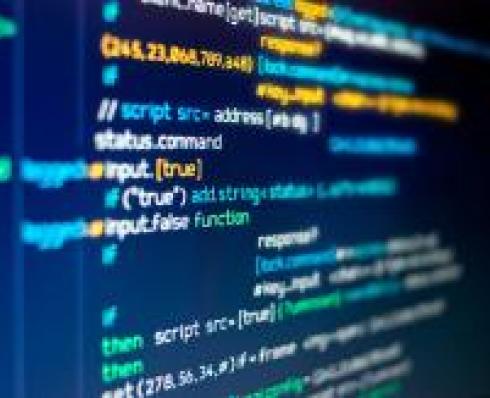
Software Engineering
Research in this area focuses on the design of new formalisms and frameworks to improve the quality of software. Software is a solution to a computational problem using a formal programming language. The constructs of the language and the tools available to model, implement, and test a software system influence the quality of that solution, in terms of correctness, reliability, readability, computational efficiency, and efficiency in design and development.
At the linguistic level, research focuses on constructing methods for extending existing languages with domain specific features, for example, and in exploiting logic and type theory based approaches in developing flexible and secure programs. At the implementation level, our work focuses on designing virtual machines and compilation techniques to support extensibility and to realize new and sophisticated programming language features.
Faculty Members

Data Science
Our expertise spans the full data science life-cycle: from information management and privacy, via machine learning and representational logics, to practical applications in bio-health informatics.
A key feature of our approach is closely coupling methodology and application. This creates a self-fulfilling loop, where challenging real-world problems drive the methodology research agenda, but also provide a natural route to exploiting new algorithms and methods.
Faculty Members

Security & Encryption
Security and Encryption has been one of our top research interests for years, alongside related topics like safety and data privacy. This theme encompasses cybersecurity, protocol analysis, systems security, trusted computing, human-centred security, and networking.
Faculty Members

Human Computer Interaction
Research in this area focuses on developing more effective methods for humans to interact with and use computer technology. HCI draws from computer science, sociology, and psychology to create better interfaces, to improve human-human interactions, and to tailor computer technology to the needs of an individual or organization.
The department's HCI group specializes in interfaces that help groups of people work together more effectively. Research efforts include developing algorithms and interfaces for handheld devices to aid coordination in space and time, and in applying social science theories from economics and social psychology to the development of community Web sites. The group also specializes in recommender systems with a long history in the development and analysis of algorithms, interfaces, and user applications.
Faculty Members

Information Management & Retrieval
In the last 15 years’ web search engines have become pervasive and search has become integrated into the fabric of desktop and mobile operating systems. Prior to this, IR systems were found in commercial and intelligence application. As with many computer technologies, the capabilities of retrieval systems grew with increases in processor speed and storage capacity. The development of such systems also reflects a rapid progression away from manual library-based approaches of acquiring, indexing, and searching information to increasingly automated methods.
With the growth of digitised unstructured information and, via high speed networks, rapid global access to enormous quantities of that information, the only viable solution to finding relevant items from these large text databases was search, and IR systems became ubiquitous.
Faculty Members

Artificial Intelligence
Artificial Intelligence (AI) is concerned with getting computers to perform tasks that currently are only feasible for humans. Within AI, Machine Learning aims to build computers that can learn how to make decisions or carry out tasks without being explicitly told how to do so. We conduct innovative research in all areas of Artificial Intelligence, including:
- Machine Learning
- Deep Neural Nets
- Deep Learning
- Natural Language Processing (see Computational Linguistics Group)
- Semantics, Ontologies and Reasoning
- Multi-Agent Systems
- Recommender Systems
Faculty Members

Language Processing
The Language Processing group has a long tradition of basic and applied research in Natural Language Processing (NLP), the aim of which is to develop robust systems for analysing and generating human language. We specialise in the following areas:
- Evaluation of NLP systems
- Irish Language Technology
- Language Generation
- Machine Translation
- Neural Network Interpretability
- Question Answering and Machine Reading Comprehension
- Sentiment Analysis
- Syntactic Analysis and Treebanking
Faculty Members

Ed Tech
The Ed Tech research theme is concerned with the use of software tools to support the learning and teaching process. The primary focus of this research is upon practical tools that can be applied in teaching at university level. Complementary research is addressing conceptual issues concerned with the development of computer-based learning environments for general educational applications.
Current work is concerned with software tools and principles in the areas of peer assessment, plagiarism detection, and automated submission and assessment systems. Other projects include the development of agent-based pedagogic architectures, and the use of learning objects in educational software.
Other research within the group has been directed towards principles for the development of interactive learning environments. A significant theme in this work is that the choice of programming paradigm strongly influences the support that the computer can give to constructionist approaches to learning.
Faculty Members

Content Analytics
Content analytics defines a family of technologies that processes digital content and user behaviour in consuming and engaging with content, such as documents, news sites, customer conversations (both audio and text), and social network discussions, to answer specific questions.
Faculty Members

Sustainable Technologies
If we choose to view the future as a better place than today, the technologies we create must be sustainable, i.e. their use will not compromise our better future.
Sustainable technologies underpin a better future for humanity; these technologies can be categorised as contributing to:
- Environmental sustainability, i.e. sustainable use of energy and Earth's resources.
- Economic sustainability, i.e. a stable and healthy economy.
- Social sustainability, i.e. a stable and healthy society.
The School of Computing's Sustainable Technologies theme covers work happening in the School in areas including energy and the social impact of technology.
Faculty Members
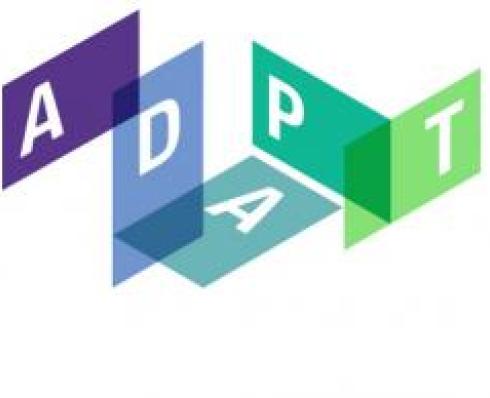
ADAPT
ADAPT’s breakthrough technologies and research applications AI for Media Interaction, Digital Humanities, Health, Data governance, and Fintech are being applied across multiple Industry domains, expertly facilitated through the ADAPT Design and Innovation Lab (dLab) to deliver product and service innovation. ADAPT's Startup & Development team fosters and steers collaborations between researchers and AI entrepreneurs from startup to successful spinout resulting in 6 successful spin-outs to date and 16 commercialisation funds.
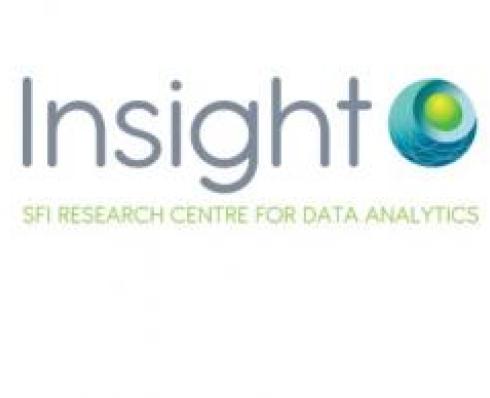
Insight
Insight is one of the largest data analytics centres in Europe. It undertakes high-impact research, seeks to derive value from Big Data and provides innovative technology solutions for industry and society by enabling better decision-making.
We support 450 researchers across areas such as the Fundamentals of Data Science, Sensing and Actuation, Scaling Algorithms, Model Building, Multi Modal Analysis, Data Engineering and Governance, Decision Making and Trustworthy AI.
Find out more: www.insight-centre.org
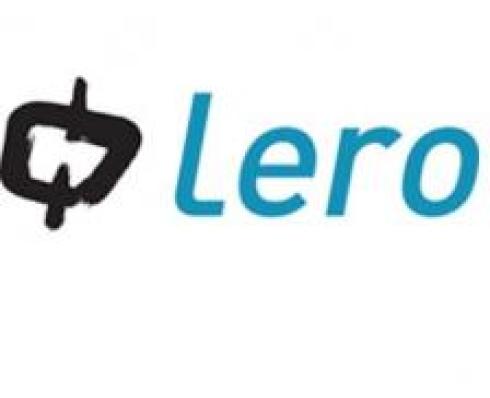
Lero
Lero, the Science Foundation Ireland Research Centre for Software, brings together expert software teams from universities and institutes of technology across Ireland in a co-ordinated centre of research excellence with a strong industry focus.
Lero’s research spans a wide range of application domains from driverless cars to artificial intelligence, cybersecurity, fintech, govtech, smart communities, agtech and healthtech.
Find out more: www.lero.ie
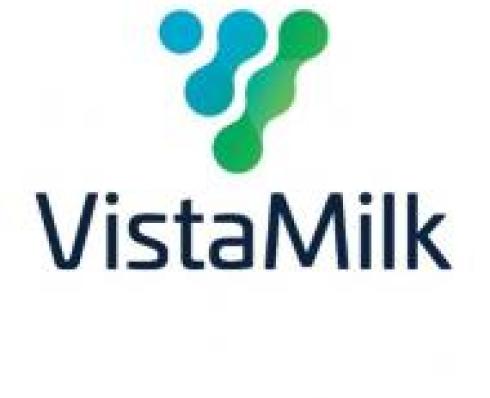
VistaMilk
The VistaMilk SFI Research Centre represents a unique collaboration between Agri-Food and information communications technology (ICT) research institutes and leading Irish/multinational food and ICT companies. Funded by Science Foundation Ireland (SFI) and the Department of Agriculture Food and the Marine (DAFM).
Read more: www.vistamilk.ie
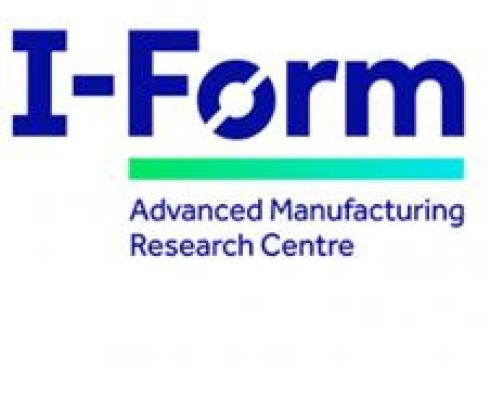
I-Form, the SFI Research Centre for Advanced Manufacturing, brings together a nationwide pool of expertise in materials science, engineering, data analytics and cognitive computing. Their mission is to shape the future of manufacturing through high-impact research into the application of digital technologies to materials processing.
Find out more: www.i-form.ie
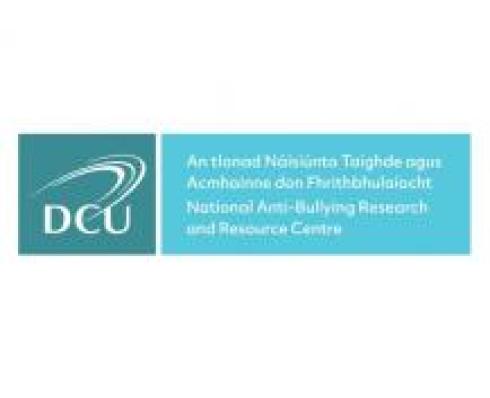
National Anti-Bullying Centre
The National Anti-Bullying Research and Resource Centre is a University designated research centre located in DCU’s Institute of Education. The Centre is known globally for its research excellence in bullying and online safety. The Centre is home to scholars with a global reputation as leaders in the fields of bullying, cyberbullying, and digital harassment.
Over the past 25 years, researchers attached to the Centre were the first in Ireland to undertake research on school, workplace, homophobic and cyber bullying, and many other issues related to bullying and digital safety. The Centre hosts the UNESCO Chair on Tackling Bullying in Schools and Cyberspace and the International Journal on Bullying Prevention.
The aim of the Centre is to contribute to solving the real-world problems of bullying and digital safety through collaboration with an extensive community of academic and industry partnerships. The extent of our resources and the collaboration between disciplines drive quality education, understanding and innovation in this field.
Read more: www.antibullyingcentre.ie
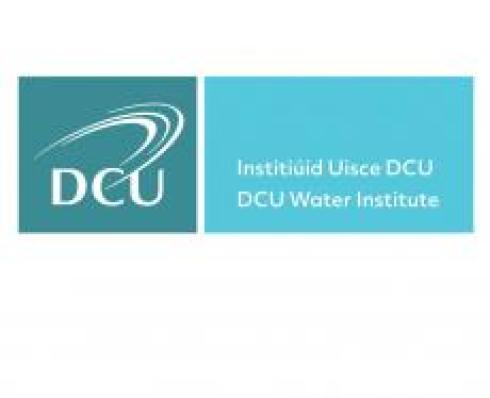
The Water Institute
The Water Institute (WI) is a cross-faculty initiative of research and education on water. It aims to work with all stakeholders – a quadruple helix of academia, industry, agency and society in its research and development work. Through research and capacity building, the WI develops solutions to national and global problems in water.
The WI specialize in technology developments across science, engineering and computer science domains with strong communications focus and policy and business drivers. These areas are reflected in our academic members in DCU – across all faculties of the University.
Read more: www.dcuwater.ie
